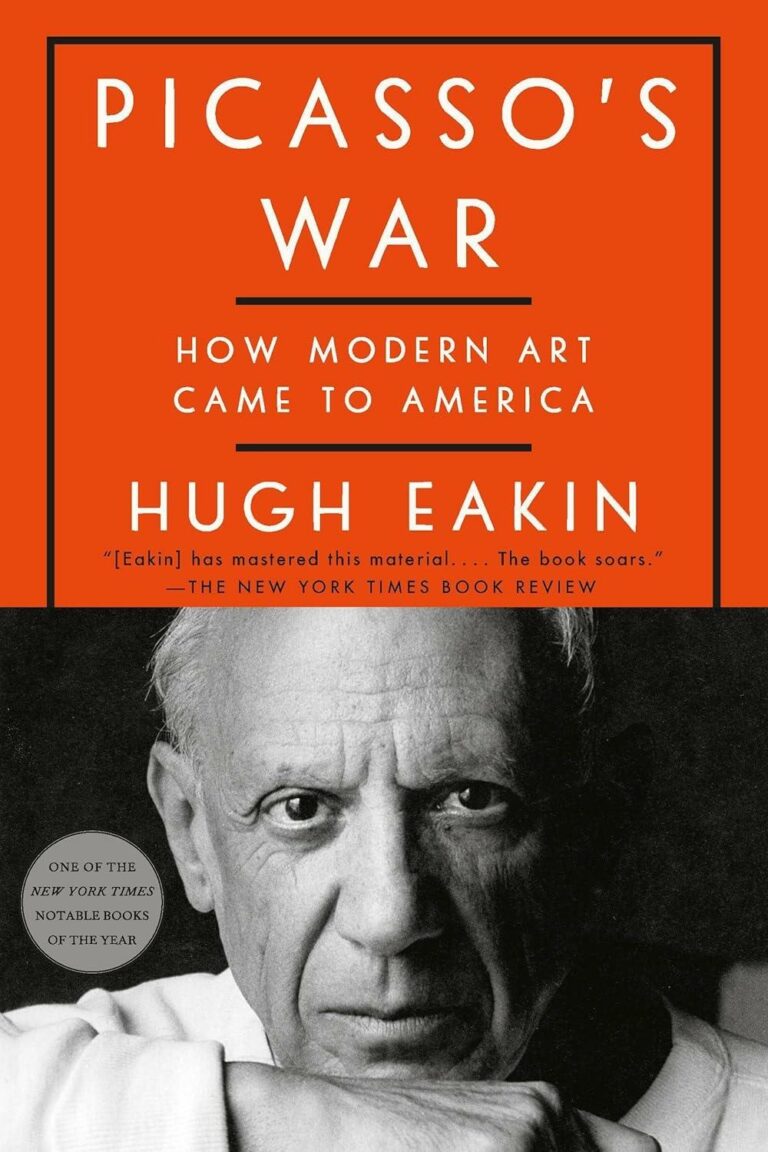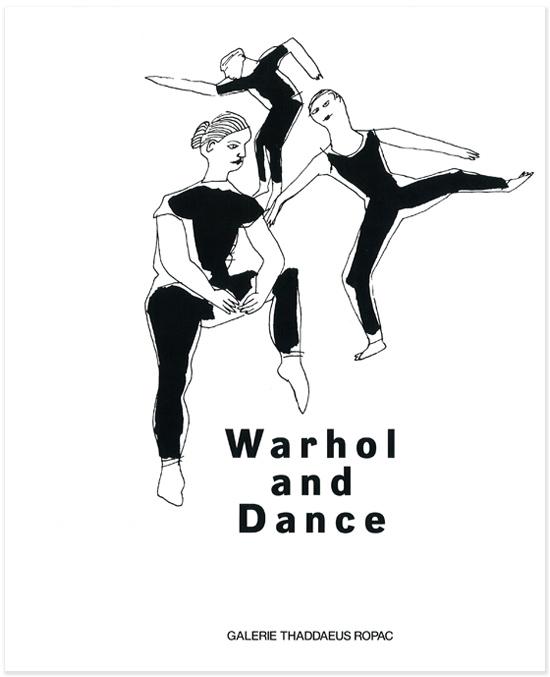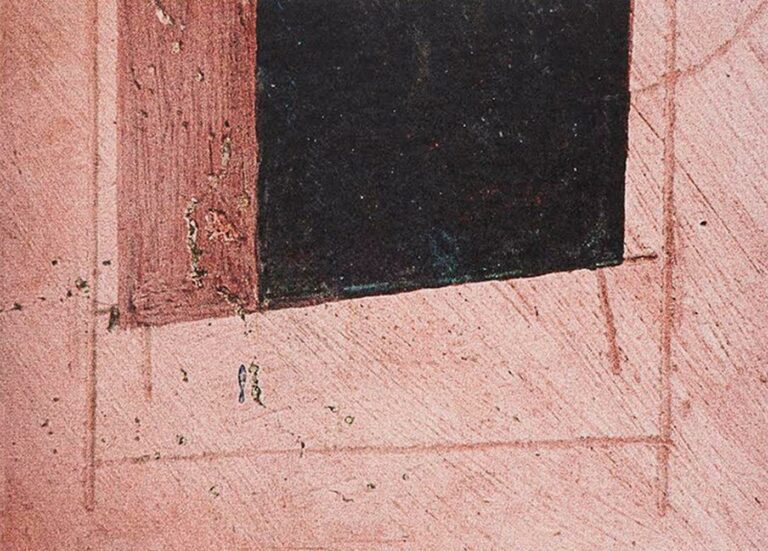PICASSO’S WAR

In January 1939, Pablo Picasso was renowned in Europe but disdained by many in the United States. One year later, Americans across the country were clamoring to see his art. How did the controversial leader of the Paris avant-garde break through to the heart of American culture?
The answer begins a generation earlier, when a renegade Irish American lawyer named John Quinn set out to build the greatest collection of Picassos in existence. His dream of a museum to house them died with him, until it was rediscovered by Alfred H. Barr, Jr., a cultural visionary who, at the age of twenty-seven, became the director of New Yorks new Museum of Modern Art.
Barr and Quinns shared goal would be thwarted in the years to comeby popular hostility, by the Depression, by Parisian intrigues, and by Picasso himself. It would take Hitlers campaign against Jews and modern art, and Barrs fraught alliance with Paul Rosenberg, Picassos persecuted dealer, to get Picassos most important paintings out of Europe. Mounted in the shadow of war, the groundbreaking exhibition Picasso: Forty Years of His Art would launch Picasso in America, define MoMA as we know it, and shift the focus of the art world from Paris to New York.
Picassos War is the never-before-told story about how a single exhibition, a decade in the making, irrevocably changed American taste, and in doing so saved dozens of the twentieth centurys most enduring artworks from the Nazis. Through a deft combination of new scholarship and vivid storytelling, Hugh Eakin shows how two men and their obsession with Picasso changed the art world forever.



